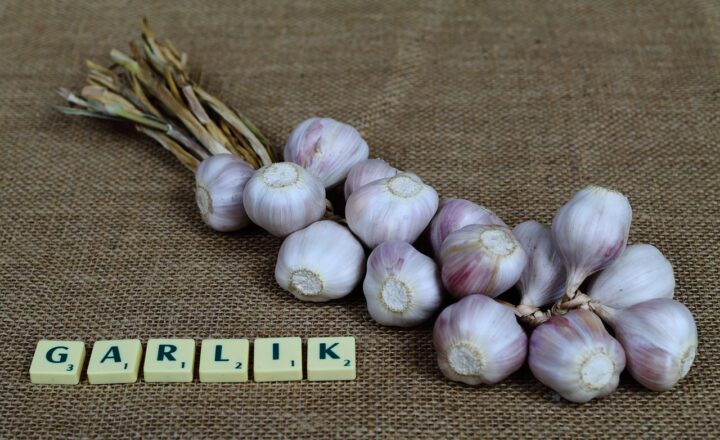How to Use Russian Poetry and Literature to Enhance Your Vocabulary
November 12, 2024

Expanding one’s vocabulary is an essential aspect of mastering any language. For learners of Russian, immersing oneself in its rich literary tradition, particularly poetry, can not only enhance vocabulary but also deepen understanding of the language’s culture, nuances, and emotional depths. This article will guide you through practical steps to utilize Russian poetry and literature for vocabulary enhancement.
1. The Importance of Poetry in Russian Literature
Russian literature boasts a profound history, with poetry being one of its most enchanting forms. Renowned poets like Alexander Pushkin, Anna Akhmatova, and Boris Pasternak have crafted verses that blend language, rhythm, and emotion. By studying poetry, learners get exposure to:
- Rich Vocabulary: Poets often use an expansive range of words, including idioms and expressive phrases, that can be unfamiliar yet valuable.
- Contextual Meaning: Poetry provides context for words in various forms, allowing learners to see how words function in different scenarios.
- Emotional Resonance: Understanding the emotional undertones in poetry can make new vocabulary more memorable.
2. Choosing the Right Poetry and Literature
To enhance your vocabulary effectively, you need to start with the right materials. Here are a few suggestions:
- Classic Russian Poets: Start with the likes of Pushkin and Lermontov, whose works are rich in language and cultural references.
- Modern Poets: Explore contemporary poets such as Dmitry Bykov or Anna Akhmatova to see how the language has evolved.
- Short Stories and Novellas: Works by authors like Anton Chekhov or Leo Tolstoy offer a narrative structure that’s easier to follow and often includes poetic language.
3. Strategies for Vocabulary Enhancement
Using poetry to boost your vocabulary requires deliberate practice and engagement. Here are several strategies:
- Read Aloud: Reading poems aloud helps familiarize you with sounds and rhythms while reinforcing correct pronunciation.
- Analyze the Text: Break down the verses to understand both the literal and figurative meanings. Use a bilingual dictionary or apps to translate unfamiliar words.
- Keep a Vocabulary Journal: Write down new words along with their meanings, examples, and poetic contexts. Regularly review this journal to reinforce your memory.
- Create Mind Maps: Visual learners can benefit from mind maps that connect words and ideas explored in poetry. This technique helps in understanding relationships and enhances retention.
4. Engaging with the Community
Engagement with fellow learners or native speakers can enhance your experience. Here are ways to connect:
- Join Online Forums or Groups: Search for language exchange platforms or Russian literature clubs where discussions about poetry are encouraged.
- Attend Workshops or Readings: Look for local cultural events or online meetups where Russian poetry is read and discussed.
- Collaborative Learning: Partner with a language learning buddy to share findings, alternate readings, and explain the passages to one another.
5. Practical Exercises
Engagement with poetry can be made interactive through various exercises:
- Translation Exercises: Choose a poem and attempt translating it. This will push you to think deeply about the meaning of individual words and phrases.
- Rewriting Poems: Try to rewrite the poems using synonyms or different poetic forms while keeping the original meaning intact.
- Creating Your Own Poetry: Use new vocabulary to write your poems, which will aid in reinforcing your understanding of words in a creative way.
Conclusion
Using Russian poetry and literature to enhance vocabulary is a rewarding experience. By immersing yourself in the beauty and depth of Russian poetry, you open new doors to linguistic mastery and cultural appreciation. Embrace the journey, intertwine poetry with everyday learning, and watch your vocabulary flourish as you explore the lyrical landscape of the Russian language. Whether you are reciting verses, analyzing texts, or engaging with others, you will find that these experiences not only enhance your command of vocabulary but also deepen your connection to the rich and vibrant world of Russian literature.







